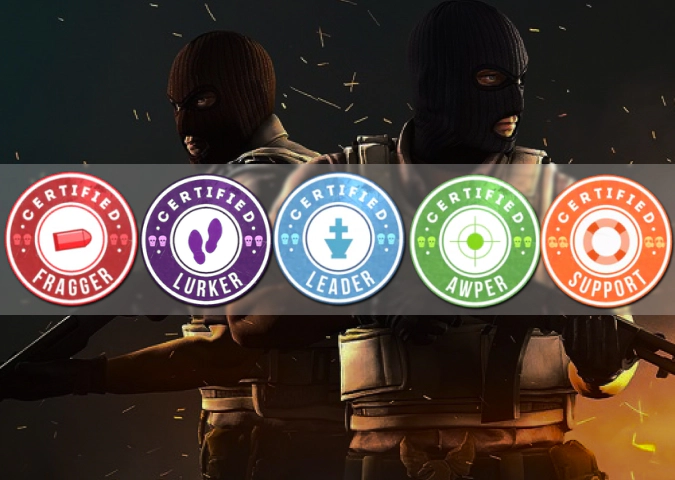Bedding Insights
Exploring the latest trends and tips in bedding and sleep comfort.
Navigating Tactics and Tension: The Hidden Challenges of a CSGO IGL
Dive into the unseen challenges faced by CSGO IGLs and discover tactics that can make or break your team's success.
Understanding the Role of an IGL: Balancing Tactics and Team Dynamics in CSGO
In the competitive landscape of CS:GO, the In-Game Leader (IGL) plays a critical role in shaping both the team's tactical approach and its overall dynamics. An IGL is responsible for developing and implementing strategies that exploit the strengths and weaknesses of both their team and opponents. This requires a deep understanding of the game's mechanics as well as the ability to quickly adapt to changing situations in a match. A successful IGL not only creates effective plans but also communicates them clearly to teammates, ensuring everyone is aligned in their execution.
Balancing tactics with team dynamics is no easy feat for an IGL. They must engage in constant communication, fostering a positive atmosphere that promotes collaboration and trust among teammates. An effective IGL must also recognize the individual strengths of players and assign roles that best suit their skills, creating a cohesive unit capable of adapting to the unpredictable nature of matches. An IGL's ability to facilitate teamwork while maintaining a sharp focus on strategic execution is what ultimately drives a team's success in competitive play.

Counter-Strike is a popular multiplayer first-person shooter that has captivated gamers for years. One of the exciting features in the game is the ability to acquire various skins and cases, such as the chroma 3 case, which offers players the chance to unlock unique weapon skins and cosmetics.
Top 5 Challenges Every CSGO IGL Faces and How to Overcome Them
Being an in-game leader (IGL) in CS:GO comes with a unique set of challenges that can significantly impact a team's performance. One major issue is communication, as the IGL must convey strategies clearly and effectively to all team members in the heat of battle. This requires a deep understanding of each player's strengths and weaknesses, as well as fostering an environment where players feel comfortable providing feedback and suggestions. Additionally, balancing tactical plans while adapting on-the-fly to the opposing team's strategy can lead to immense pressure. A successful IGL navigates these issues by establishing a clear communication channel and routine practice sessions focused on team cohesion.
Another challenge every CS:GO IGL faces is maintaining team morale during tough matches or losing streaks. Frustration can build quickly, leading to poor decision-making and discord among teammates. To combat this, IGLs should prioritize the mental health of their team by implementing team-building exercises and consistent motivational talks. Additionally, setting realistic goals can help keep the team's spirits high and focused on improvement rather than solely winning. Here are a few ways to bolster team morale:
- Encourage open discussions about gameplay and emotional states.
- Foster a supportive atmosphere where players uplift each other.
- Set short-term objectives to celebrate small successes.
How to Make Quick Decisions Under Pressure: Strategies for Effective IGLing in CSGO
Making quick decisions under pressure is a crucial skill for effective IGLing (In-Game Leader) in CS:GO. When the clock is ticking and the stakes are high, your ability to analyze the situation and communicate with your team can make all the difference. One of the best strategies is to develop a solid understanding of your team's strengths and weaknesses. This will allow you to make informed calls, minimizing hesitation and maximizing efficiency. Practicing scenarios in scrims or through aim drills can help you create instinctive responses for common in-game situations.
Another effective strategy for IGLing under pressure is to maintain a clear communication style. Use concise, direct language to convey your thoughts quickly, and prioritize key information. Establish a set of
- callouts
- strategies
- fallback plans